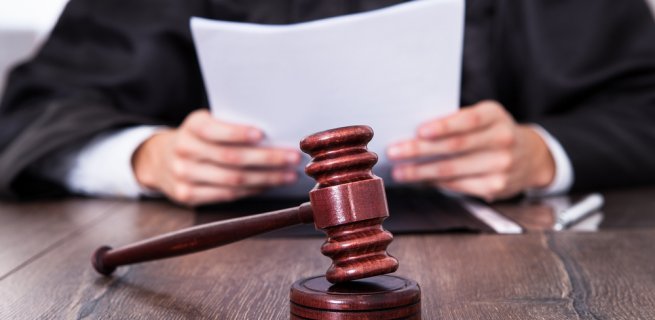If you’ve ever watched a TV courtroom drama, you might think that the judge plays a very active role in jury trials – asking questions about the evidence, witnesses and, of course, making decisions about the law.
In reality, however, this is not normally the way it plays out. While a judge oversees the case, makes decisions about the law including what evidence should be admitted, and gives a jury directions and guidance about how to apply the law, they rarely intervene in the proceedings themselves.
And, as a recent NSW Court of Criminal Appeal (NSWCCA) decision shows, judges who do try to intervene can find themselves in hot water.
Judges in Australia vs. Judges Around the World
Judges have very different functions depending on where they are based. This is because different countries have vastly different legal systems.
In some European countries, for example, courts employ the inquisitorial system of law, which allows judges to play an active role in investigating the case. In some instances, this role extends to interrogating witnesses, asking questions about the evidence, and ordering searches and other procedures. Essentially, the judge’s job is to find out the truth through a range of means at his or her disposal.
By contrast, Australia and most other Commonwealth countries use the adversarial system, where the judge plays a more limited function, and is only able to make decisions about the evidence which is presented by the prosecution and the defence, to sum up the case and make directions about law. In adversarial courts, the prosecution is tasked with investigating the case and presenting the evidence to the court, judge make decisions about law and the jury decides guilt or innocence.
Overstepping the Mark
But what happens when a judge in an adversarial system oversteps the mark and plays an inquisitorial role?
This question was considered in the recent case of Ellis v R [2015], which was heard in the NSWCCA.
The defendant, Ellis, had been charged with manufacturing a large commercial quantity of MDMA and was due to be sentenced in the District Court. But during the course of the sentencing proceedings the judge took the unusual step of interrogating the defendant, as they would in an inquisitorial court.
Before sentencing Mr Ellis, the judge asked him to identify a person in a photo which had been tendered as evidence. When Mr Ellis told the judge that he did not want to identify that person, the judge responded by making the following comments:
‘You will not tell me in this court who you’ll give evidence about and what you’ll give evidence about.’
‘If you’re going to get in the witness box to give evidence about your role in this matter you’re going to tell me the whole truth and you’re going to tell me the whole story and not be selective about it because otherwise what’s the value of your evidence with respect?’
The judge also made comments to the effect that Mr Ellis’ refusal to answer the judge’s questions had negatively impacted his case. Unsurprisingly, Mr Ellis appealed the sentence, arguing that the judge had overstepped the mark and denied him the right to a fair trial.
The Court of Criminal Appeal agreed with Mr Ellis, finding that:
‘It is not the function of a judge to perform an inquisitorial role, as distinct from adjudicating on issues raised by the parties. There are a number of risks to a fair trial which may occur as a result of excessive intrusion by a trial judge, including the inability of a judge who has descended into the arena to properly assess the demeanour of a witness and the possibility of creating the impression of pre-judgment. The ultimate question will be whether the intervention was unjustifiable and resulted in a miscarriage of justice. A miscarriage of justice will occur where the conduct of the judge prevents a party from properly presenting his or her case.’
Eventually, the case was sent back to the District Court so that Mr Ellis could be re-sentenced by another judge.
The decision serves as an important reminder that Australian judges must know their place, and tread carefully when questioning witnesses in court.
Moreover, they should always be mindful of appearing unbiased and ensuring that all parties receive fair treatment.











